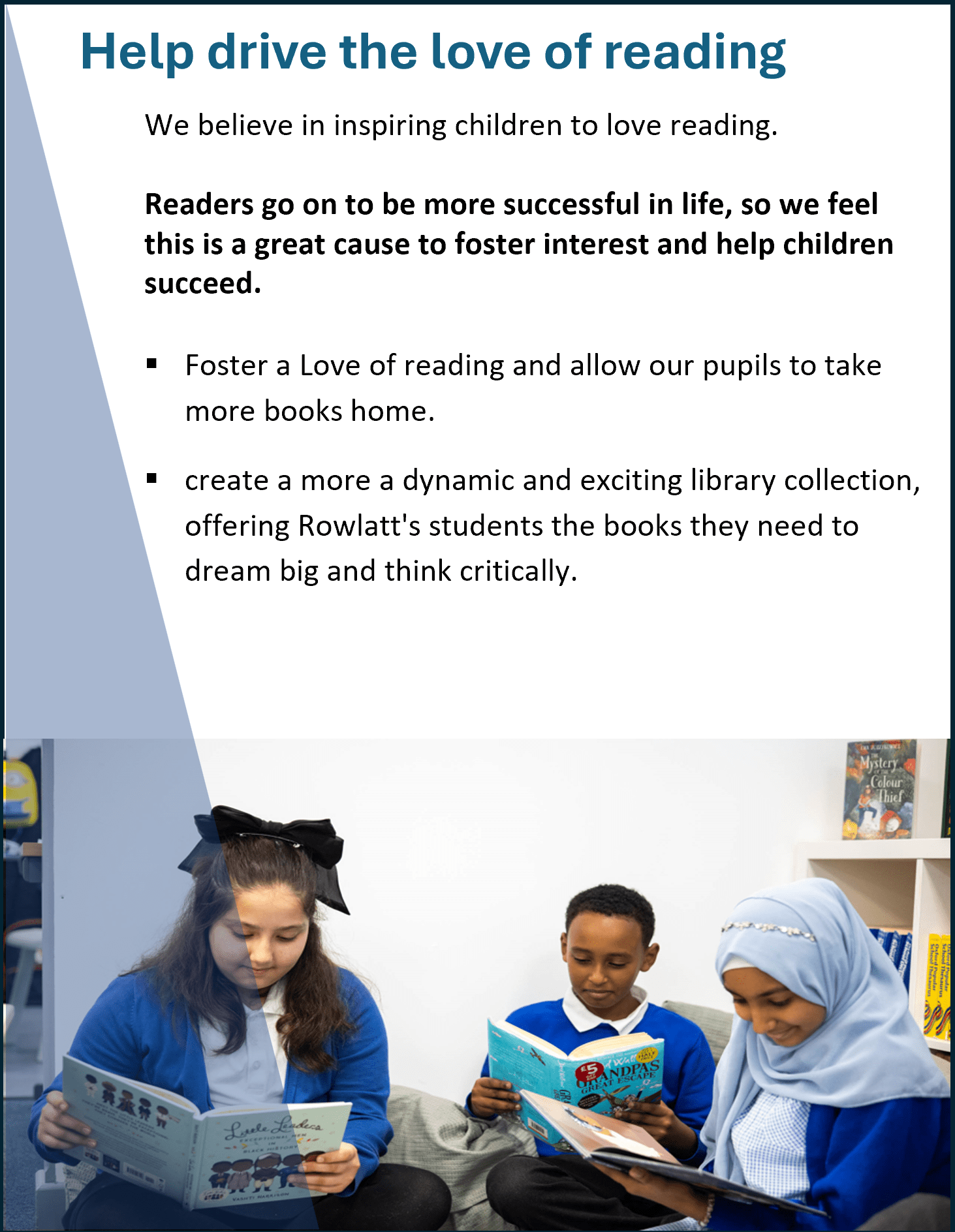Whilst the advance of technology has provided our pupils with remarkable opportunities, it also poses some challenges and dangers. These are dangers that previous generations have not had to face and so our families may be ill-prepared to tackle at home. This is why we take e-safety incredibly seriously at Rowlatts Mead Academy. We ensure that all pupils are aware of the potential dangers posed by the internet and technology both in school and at home.
Implementation
Our e-safety curriculum follows ProjectEVOLVE, a toolkit which is based on Education for a Connected World (EFACW), a framework conceived by the UK Council for Internet Safety (UKCIS).
We felt that it was important that our pupils were not merely told what or what not to do and instead had a comprehension understanding of the topics covered. ProjectEVOLVE provides our pupils with resources that encourages discussion and reflection to secure positive outcomes. It covers knowledge, skills, behaviors and attitudes across eight strands of our online lives-
- Self-Image and Identity
- Online Relationships
- Online Reputation
- Online Bullying
- Managing Online Information
- Health, Well-being and Lifestyle
- Privacy and Security
- Copyright and Ownership.
ProjectEVOLVE resources each of the 350 plus statements currently included in EFACW and is regularly updated to reflect any changes on the framework.
In addition to ProjectEVOLVE we have close links with Leicester Police who deliver sessions to our parents so they are as informed as can be. We also use our social media accounts to share the latest in online safety advice from National Online Safety. This is an organisation that makes online guides designed to inform school staff, parents and children with the knowledge they need to understand online dangers.
Subject Policies/Plans
Coverage Document Overview – Computing (MISSING FILE)
Subject Leader/s
Mr D Johnson
Impact
We ensure that when our pupils leave Rowlatts Mead Academy they have a comprehensive bank of skills and knowledge that will keep them safe and ensure they are kind, considerate and safe users of technology.
Each of the eight strands covered in EFACW begins with what ProjectEVOLVE calls a Knowledge Map. This assesses where our pupil’s online safety knowledge is currently and lets us accurately plan to address any concerns. Rather than dictate content, we allow the Knowledge Maps and accompanying resources to steer discussion, prompting pupils with appropriate questions in conjunction with honest and useful information to shape thinking and challenge any underling misconceptions.
Our e-safety work is evidenced in our class floor books and along with the actual work you are able to see the pupils’ knowledge as it was and as it is following the lessons. The impact is clearly evidenced with pie-charts demonstrating the improvement.

